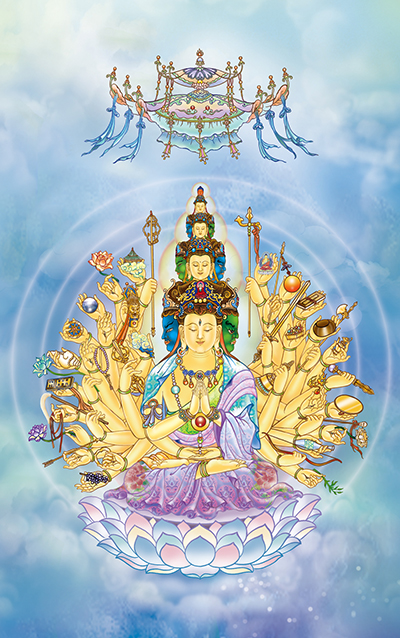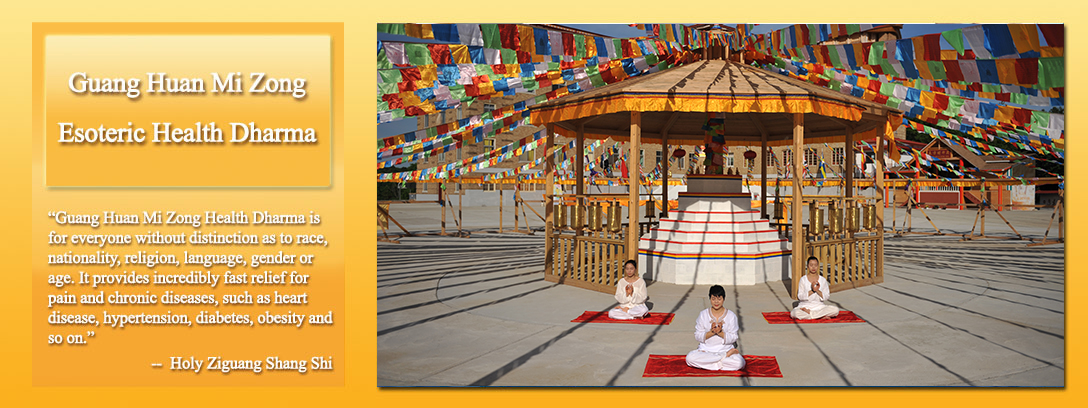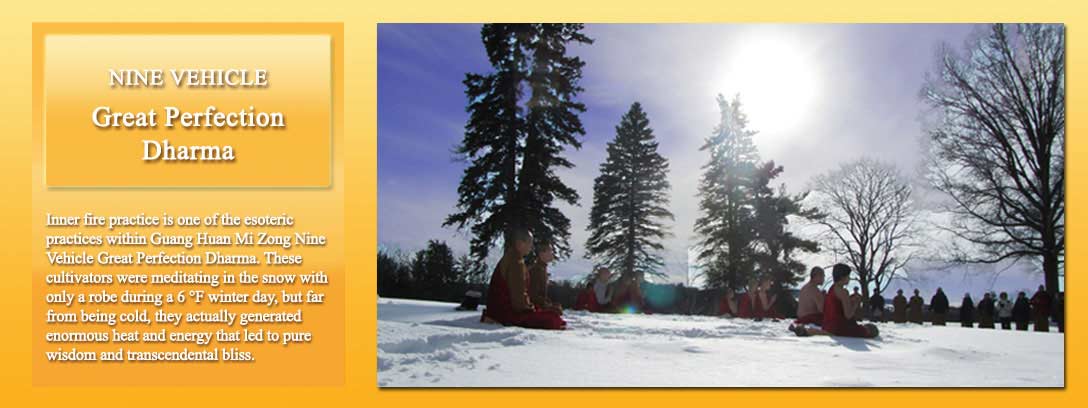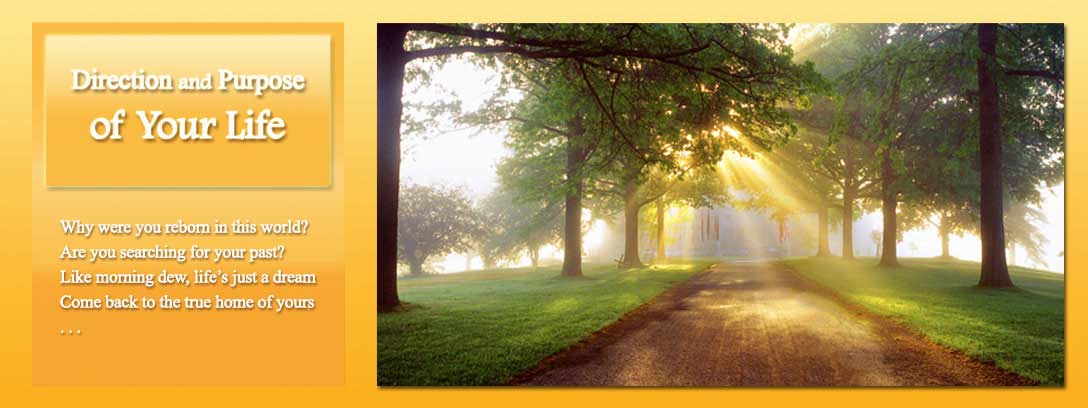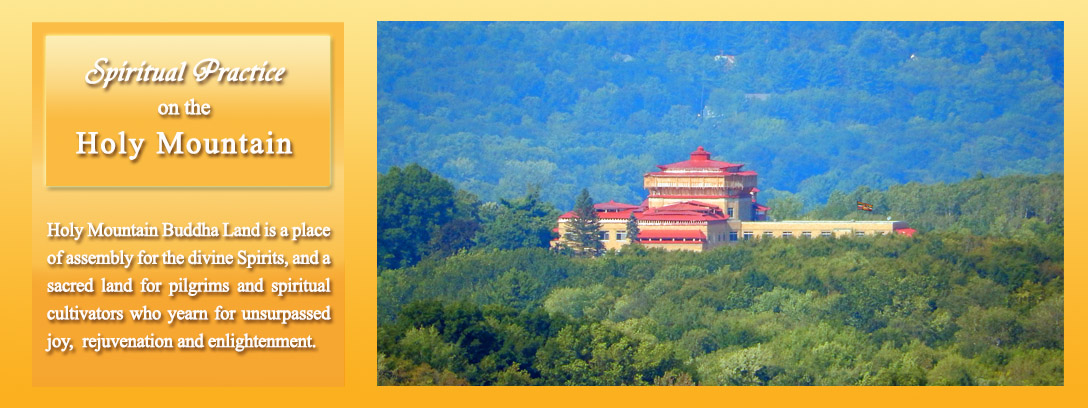The Heart of the Prajna Paramita Sutra
Translated from the Sanskrit by Edward Conze
The free seeing Bodhisattva of compassion,
while in profound contemplation of Prajna Paramita,
beheld five skandhas as empty in their being
and thus crossed over all sufferings.
O-oh Sariputra, what is seen does not differ from what is empty,
nor does what is empty differ from what is seen;
what is seen is empty, what is empty is seen.
It is the same for sense perception,
imagination, mental function and judgement.
O-oh Sariputra, all the empty forms of these dharmas
neither come to be nor pass away
and are not created or annihilated,
not impure or pure,
and cannot be increased or decreased.
Since in emptiness nothing can be seen,
there is no perception, imagination, mental function or judgement.
There is no eye, ear, nose, tongue, body or consciousness.
Nor are there sights, sounds, odors, tastes, objects or dharmas.
There is no visual world, world of consciousness or other world.
There is no ignorance or extinction of ignorance and so forth
down to no aging and death and also no extinction of aging and death.
There is neither suffering, causation, annihilation nor path.
There is no knowing or unknowing. Since nothing can be known,
Bodhisattvas rely upon Prajna Paramita and so their minds are unhindered.
Because there is no hindrance,
no fear exists and they are far from inverted and illusory thought
and thereby attain nirvana.
All the Buddhas in the three periods of time
fully accomplish the annuttara-samyak sambodhi
by relying upon Prajna Paramita.
Therefore, Prajna Paramita is known as the most divine mantra,
the great enlightening mantra,
the utmost mantra,
the incomparable mantra,
destroyer of all suffering!
since what is true is not in vain,
listen to the mantra of the Prajna Paramita–it goes like this:
GATE GATE PA-RA GATE PARASAM GATE BOD-HI SVA-HA!
